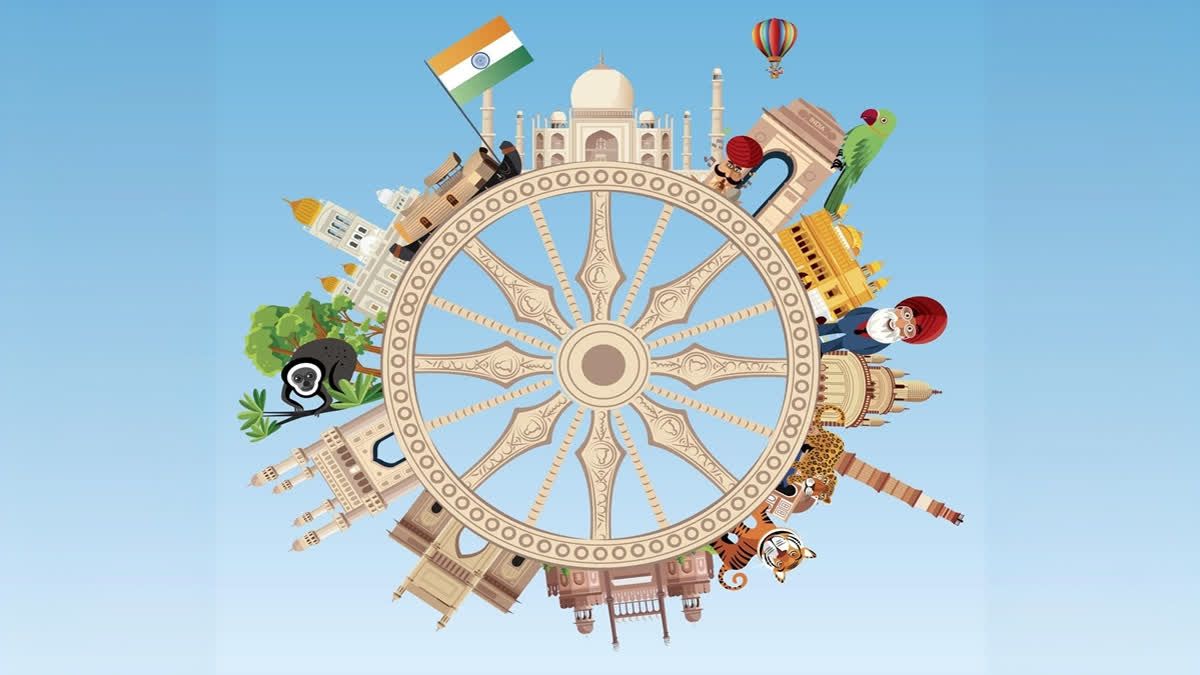World Heritage Week: Celebrating Diversity and Preserving India's Legacy

From November 19 to 25, a global celebration dedicated to preserving and promoting cultural and historical heritage will be observed as World Heritage Week. Led by UNESCO and supported by international organizations, including the Archaeological Survey of India (ASI), the event aims to promote moral and intellectual unity following world wars.
During this week-long celebration, tourists can enter some of India's most iconic sites, such as the Taj Mahal, Agra Fort, and others in Agra, for free. This initiative is part of the ASI's efforts to make cultural heritage accessible to people from all over the world.
A Celebration with a Rich History
World Heritage Week was first observed in 1945, just after two catastrophic world wars. Its purpose is to promote international cooperation and peace, with the aim of supporting enduring world peace. Over the years, the celebration has grown into an inclusive event that encourages citizens, communities, governments, and individuals to work together to preserve India's priceless historical sites.
Significance of World Heritage Week in India
The celebration takes on multiple meanings in India:
- Increasing public awareness: By highlighting the importance of natural and cultural heritage, we can promote respect and understanding among diverse communities.
- Conservation initiatives: The event encourages action to safeguard and conserve these precious locations, ensuring their continued existence for future generations.
- Intercultural communication: World Heritage Week promotes mutual respect and understanding by celebrating India's rich diversity and depth of human heritage.
The UNESCO World Heritage list in India currently includes 43 sites. Most recent additions include Moidams - the Mound-Burial System of the Ahom Dynasty from Assam and "The Sacred Ensembles" of the Hoysala temples in Karnataka, adding to the United Nations Educational, Scientific and Cultural Organization's list.
These recognitions highlight their importance on a global stage reaffirming its significance.
Famous World Heritage Sites in India
Some of India's most iconic sites include:
- Taj Mahal
- Khajuraho
- Hampi
- Ajanta Caves
The event serves as an opportunity to appreciate the rich heritage and cultural diversity of our nation.
